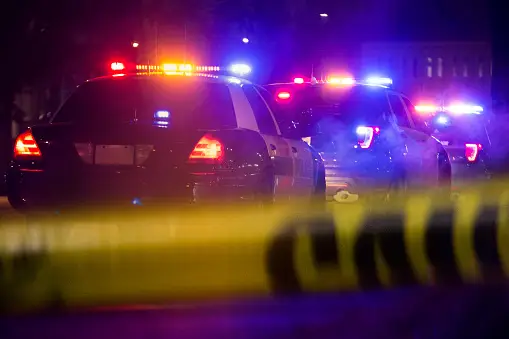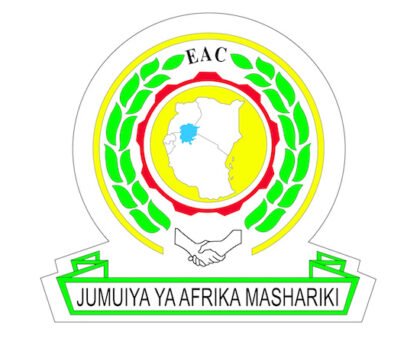South Africa is currently grappling with a significant challenge posed by a variety of quasi-criminal networks and syndicates, which operate across borders and engage in a wide range of criminal activities, including drug trafficking, armed robberies, and fraud.
This is the sobering assessment of the 2023 Global Organised Crime Index, which was released on Tuesday.
According to the index, South Africa received a criminality score of 7.18 out of 10, making it the seventh-highest ranked country out of 193 in the world and the third in Africa.
This score represents an increase from the 6.63 score recorded in 2021 when the index was last published.
Myanmar tops the list with the highest criminality score of 8.15, followed by Colombia (7.75) and Mexico (7.57). In Africa, the Democratic Republic of Congo (7.35) and Nigeria (7.28) ranked ahead of South Africa.
The global report underscores that South Africa is grappling with entrenched crime networks, often fueled by corrupt relationships, which have deeply embedded the criminal economy within the country. This situation has led to a “crisis of trust in government and law enforcement.”
The report highlights that South Africa is a hotspot for various organized criminal activities, including drug trafficking, cash-in-transit heists, poaching syndicates, and robberies.
Additionally, mafia-style groups, heavily armed and associated with high levels of violence, have become increasingly prominent, particularly in major cities like Cape Town, Johannesburg, and Durban.
Also Read: South Africa Reports Increase in Household and Individual Crimes
Foreign criminal actors, originating from regions including West Africa, South America, China, Pakistan, Israel, and southern and eastern European nations, have a substantial presence in South African criminal markets, especially in major cities. These criminal actors act as intermediaries, exerting significant economic and financial power.
The report reveals the alarming fact that South Africa has become a hub for criminal organizations and bosses to launder money and establish companies for money laundering activities. This is largely attributed to a long history of corruption between state actors and criminal organizations.
The erosion of public trust in the government and law enforcement agencies is pervasive, with corruption extending across various state departments, including senior levels within prosecution and prison services. Accusations of the political system operating as a kleptocracy have further damaged public perception.
The report also points out that South Africa’s public sector is plagued by a high level of corruption, with maladministration, procurement corruption, and abuse of authority being the most common forms. The ruling party’s majority in parliament has been used to block legislative oversight investigations, protecting its representatives from corruption inquiries.
While the report acknowledges the independence of South Africa’s judicial system, it highlights challenges such as shortages of judicial staff and financial resources, which undermine defendants’ due process rights. Overcrowding and inhumane conditions in the country’s prisons have led to increased gang violence and abuse.
South Africa’s extensive coastline, numerous ports of entry, and multiple land border control points make it an attractive route for illicit trafficking. Criminal networks often exploit illegal crossings along the vast borders with Zimbabwe, Mozambique, and eSwatini for smuggling activities, including drugs, people, and illegal poaching destined for international markets in Europe, Asia, and Australia.
The recent cyberattacks on critical infrastructure in South Africa underscore the need for improved cyber threat detection and prevention measures.




